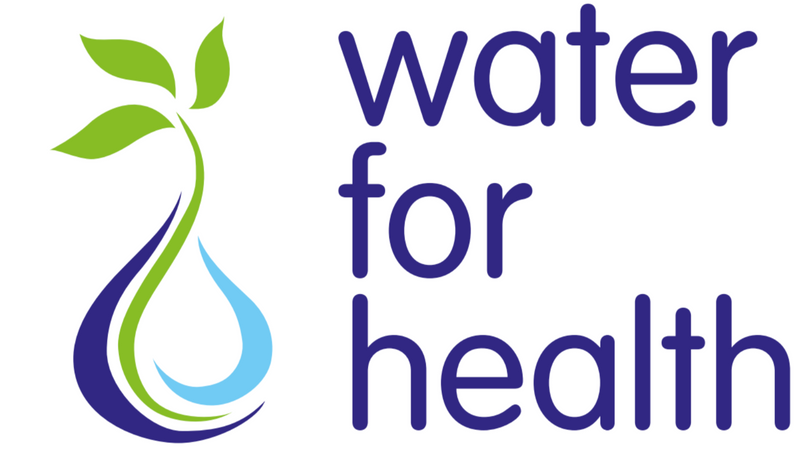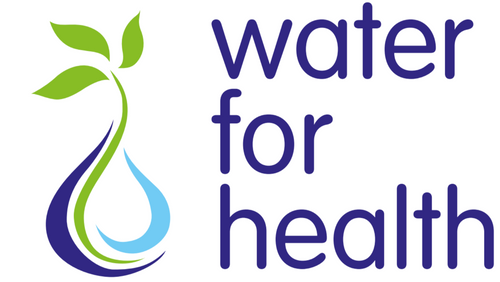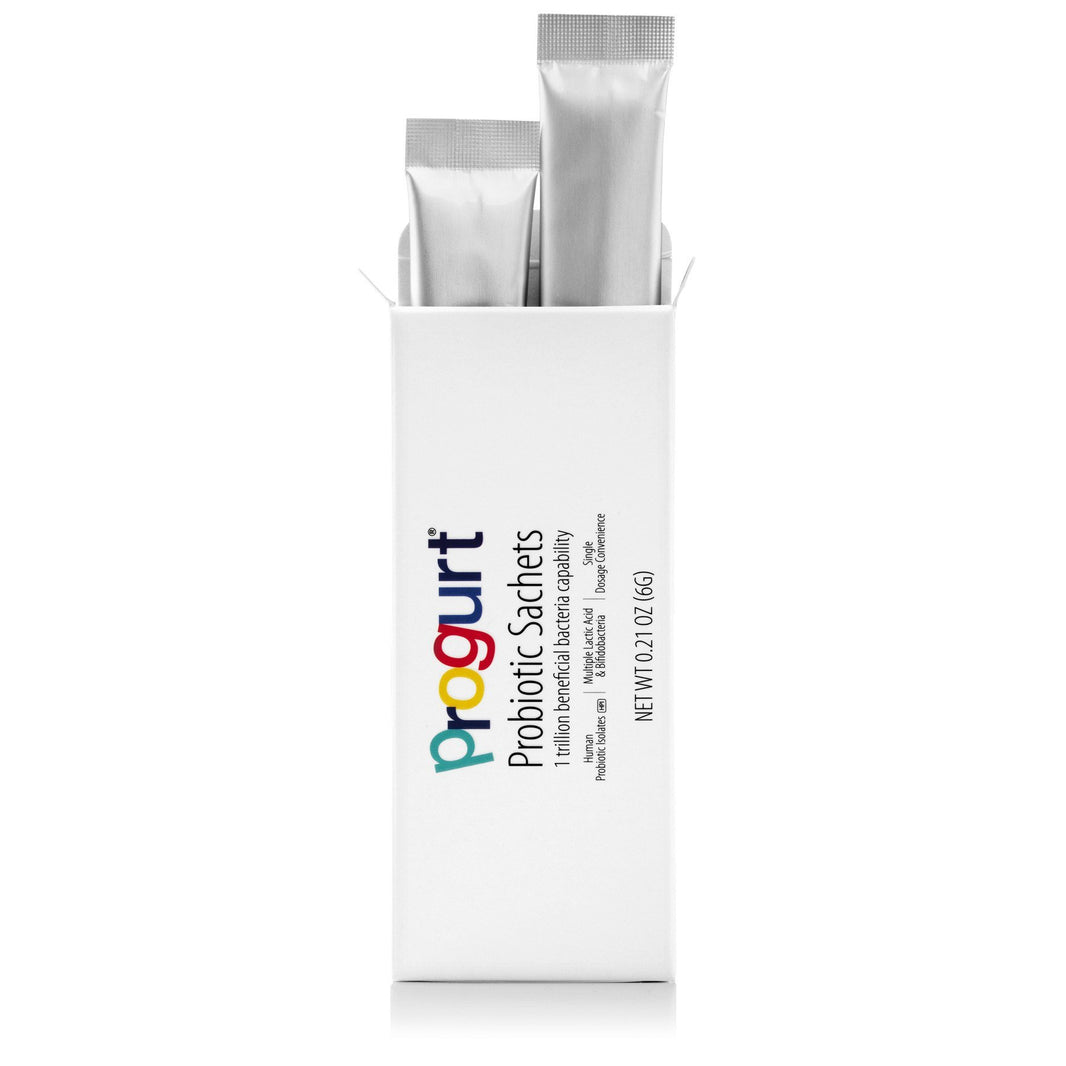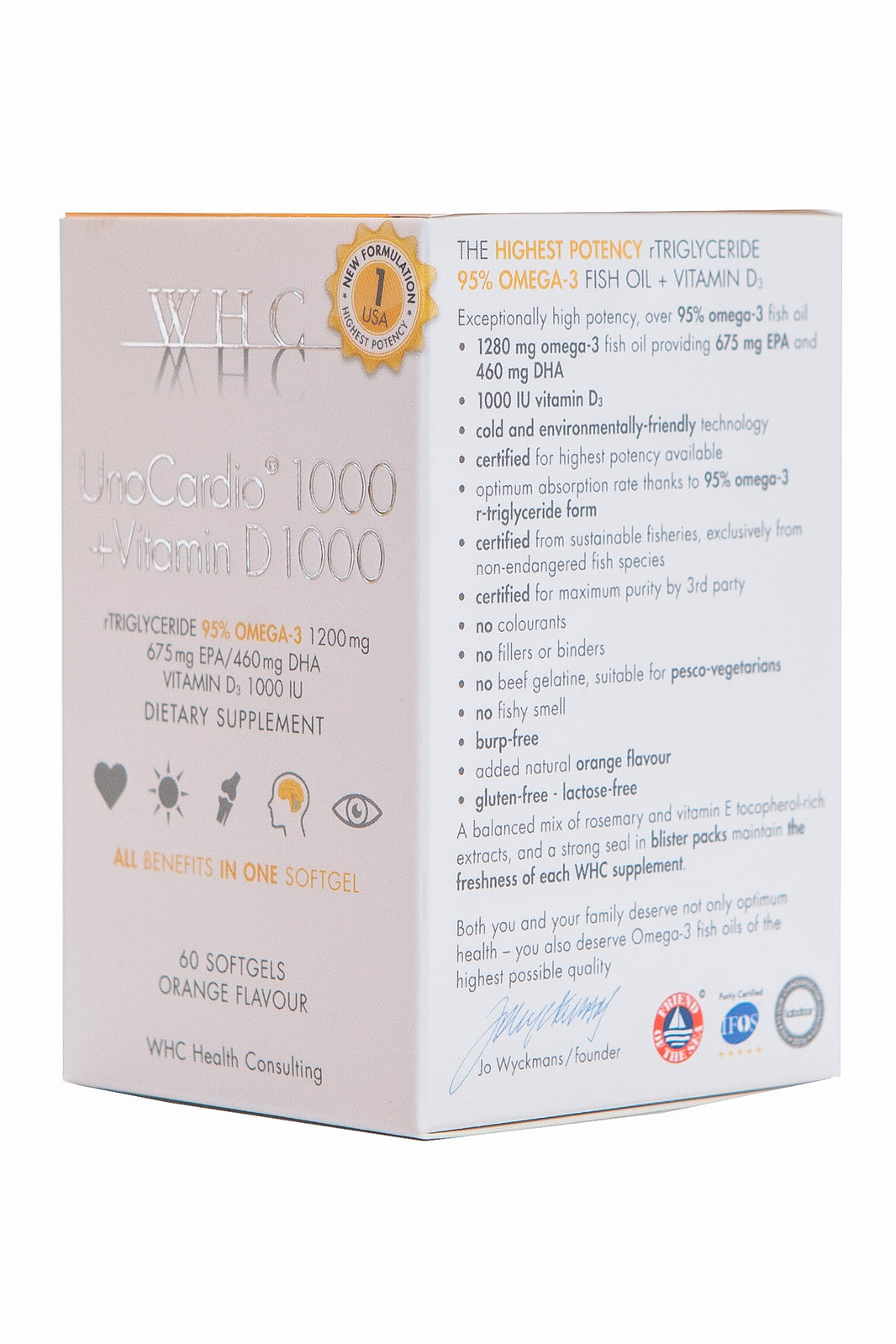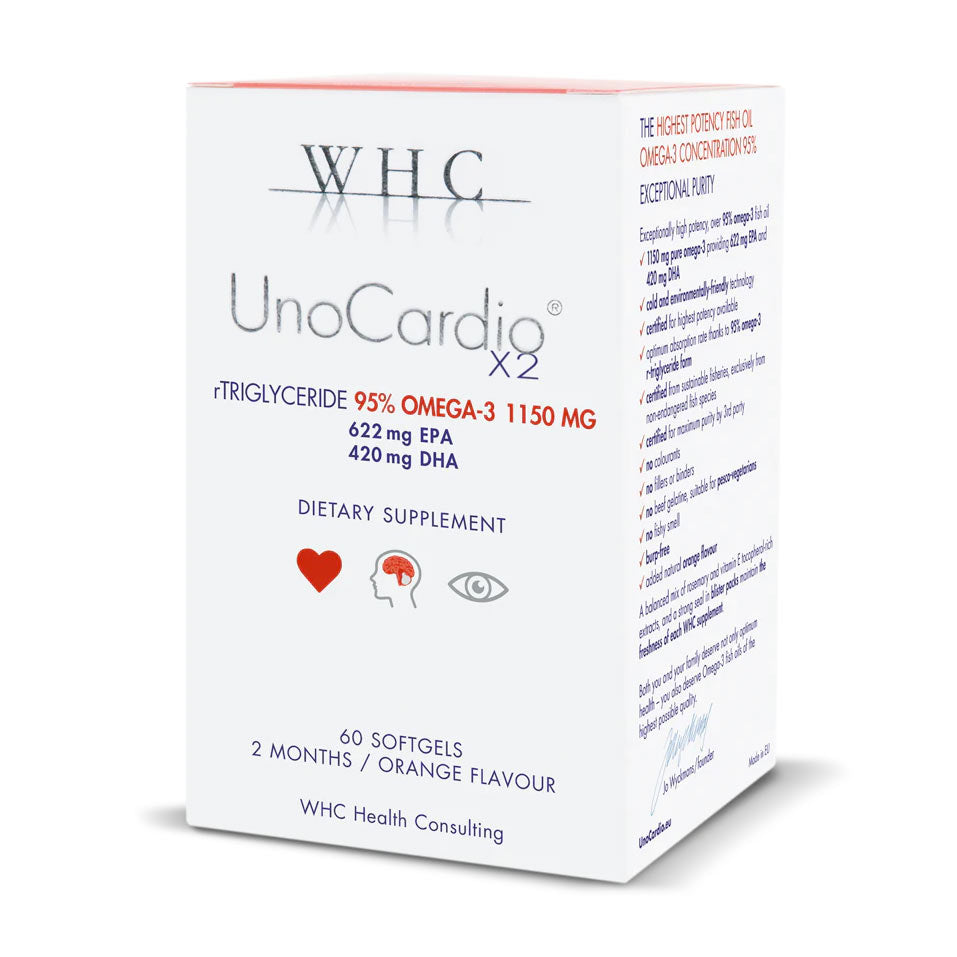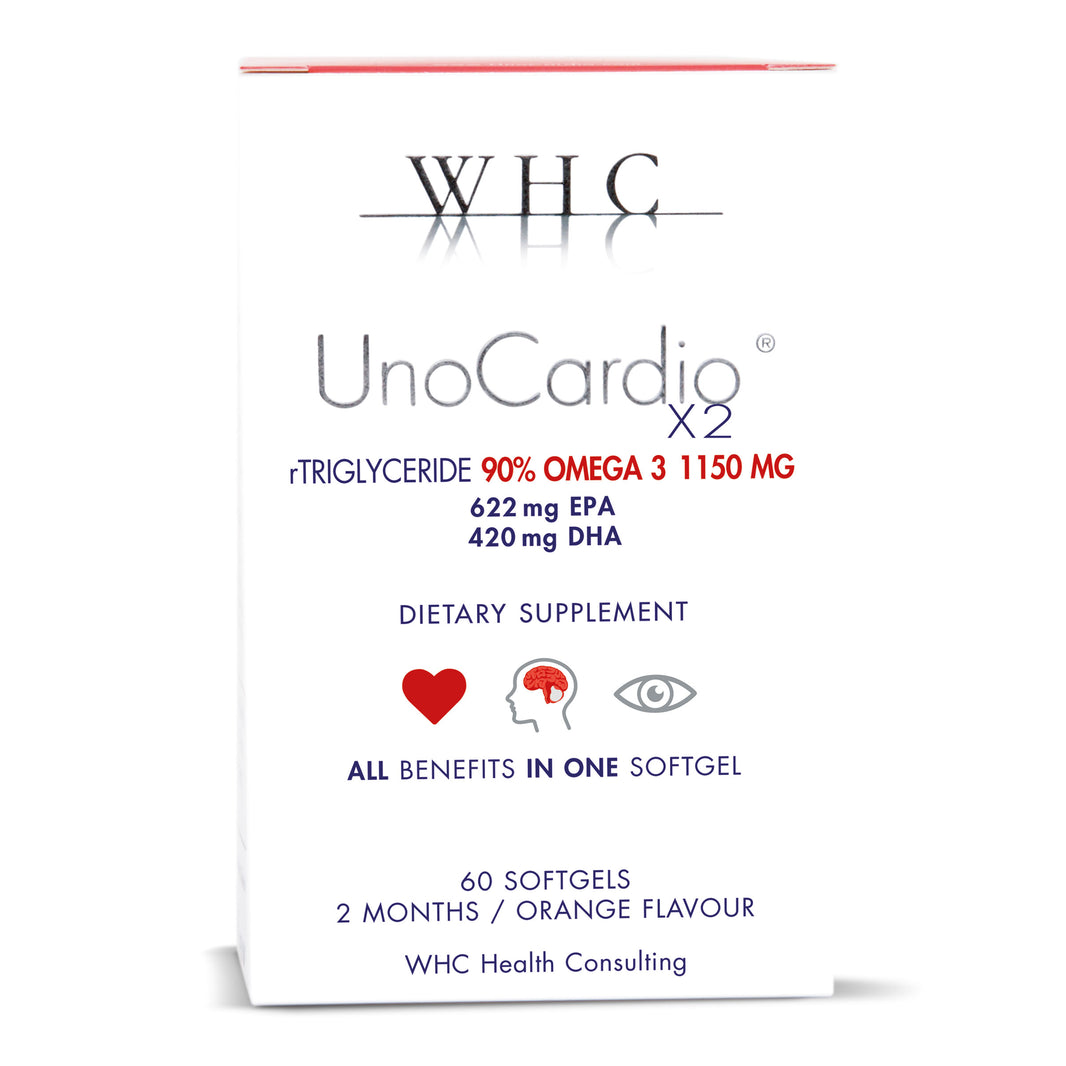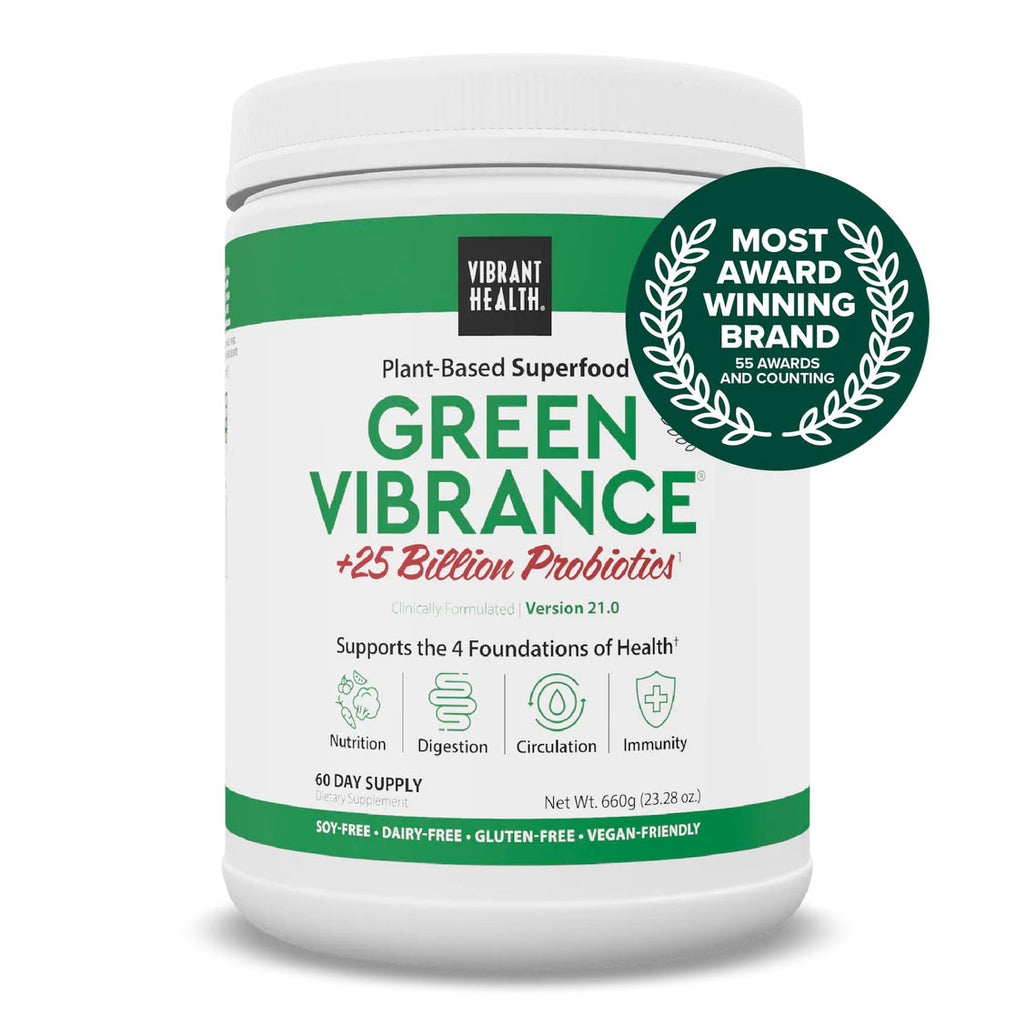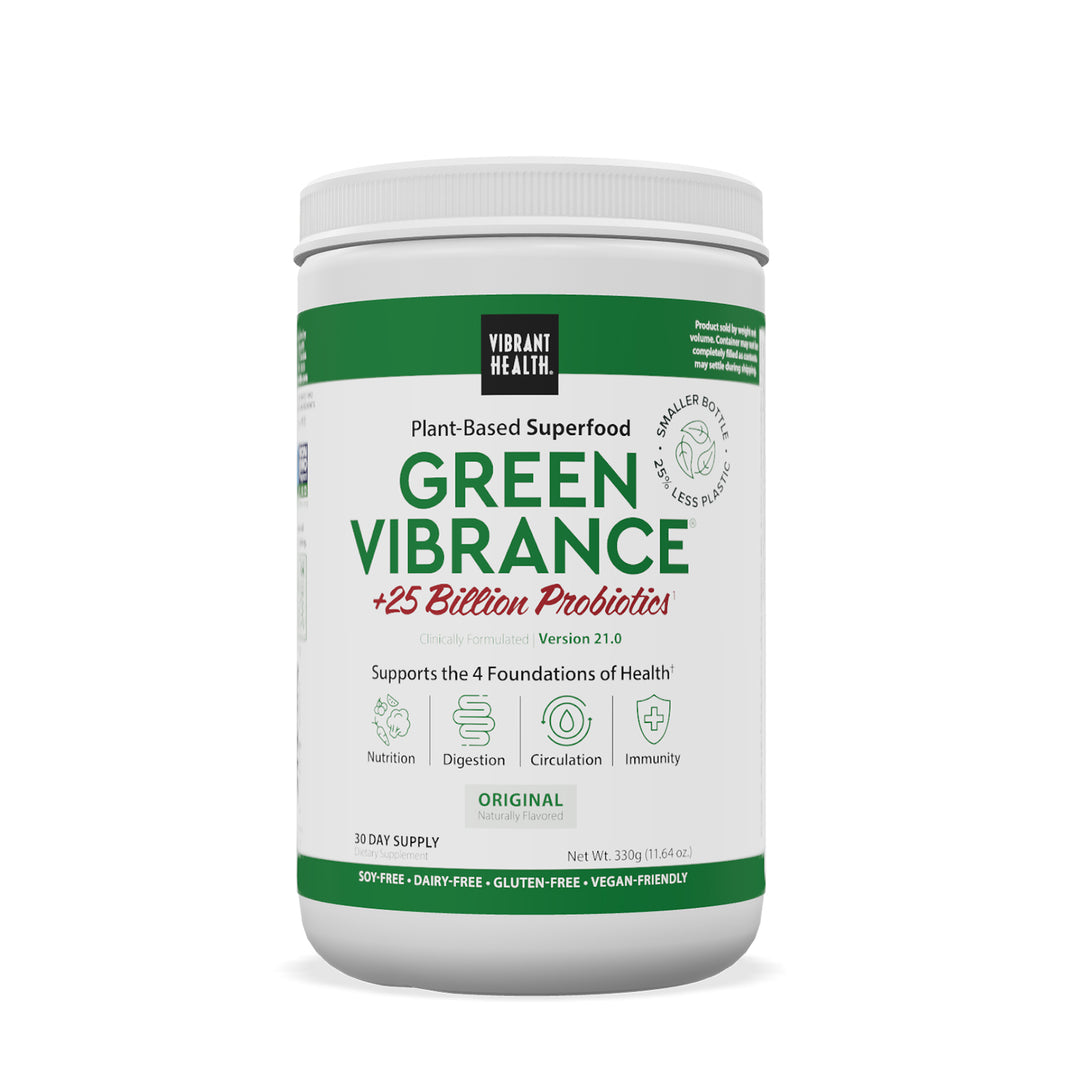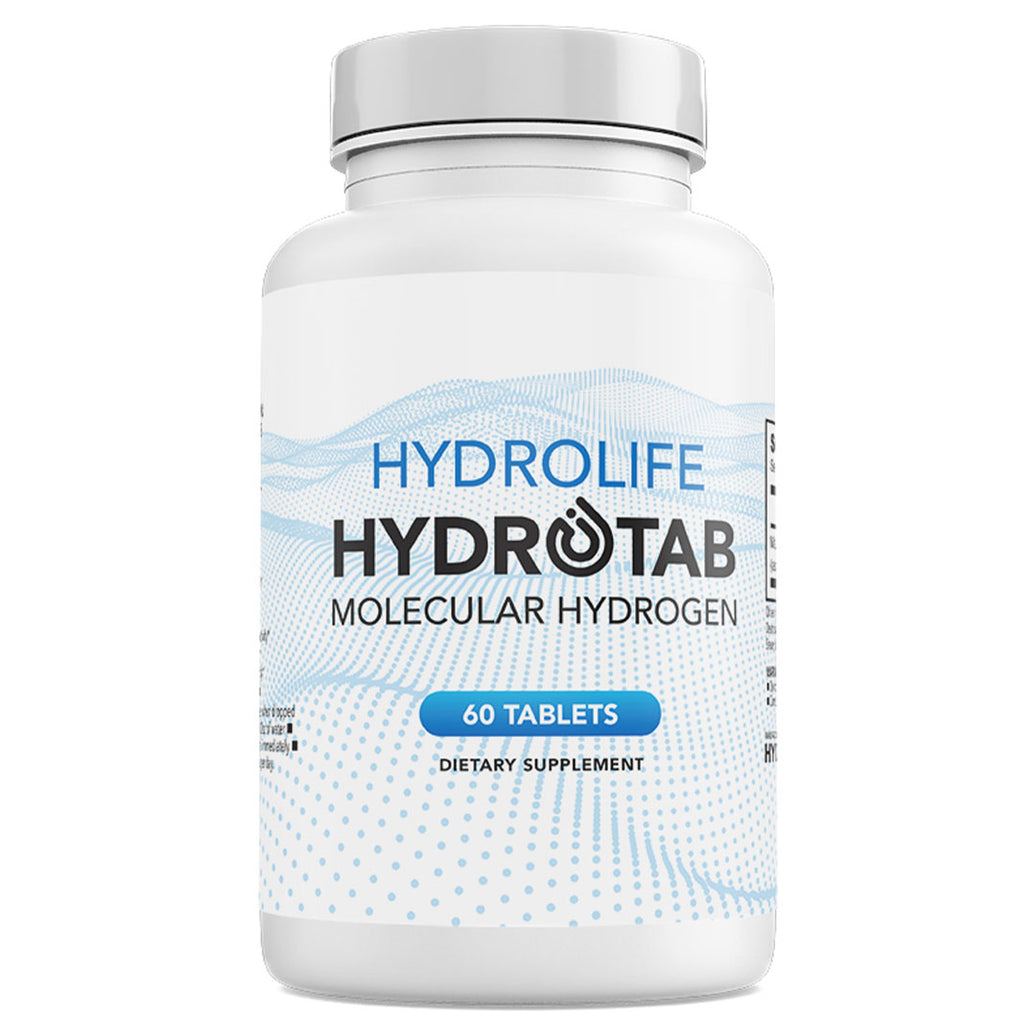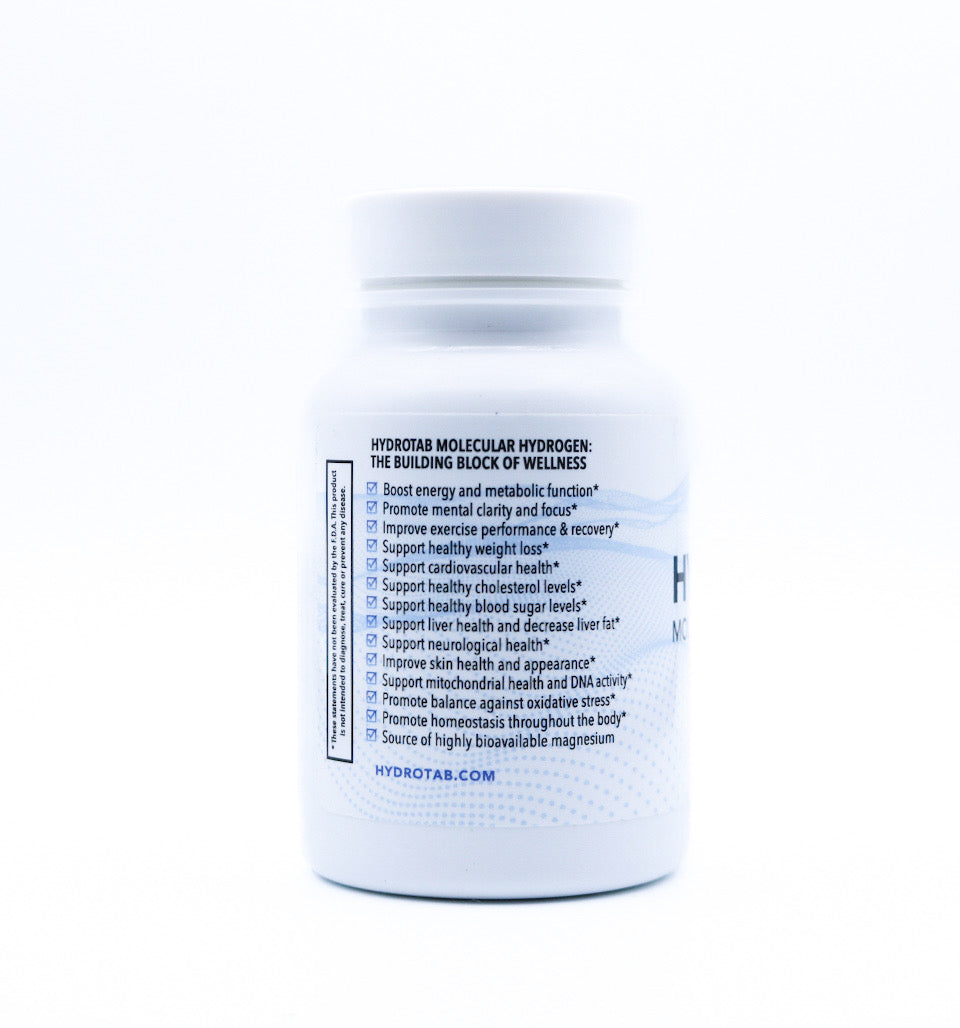Molecular hydrogen (H₂) is generating excitement in the medical community for its vast biological effects. Recent research reveals that hydrogen not only boasts anti-oxidative, anti-inflammatory, and anti-ageing properties, but it also plays a critical role in the regulation of autophagy and cell death. This is particularly important in the context of respiratory health, as the lungs are frequently exposed to harmful environmental irritants.
Understanding Molecular Hydrogen
Molecular hydrogen is a simple molecule composed of two hydrogen atoms. Despite its simplicity, it exhibits remarkable biological activity, influencing various physiological and pathophysiological processes. The evidence supporting its benefits suggests a multifaceted role for hydrogen in maintaining cellular health and combating disease.
Key Benefits of Molecular Hydrogen
- Antioxidative Effects:
- Hydrogen has been shown to effectively scavenge harmful free radicals (1), which are unstable molecules that can cause significant damage to cells and tissues (2). By neutralising these free radicals, hydrogen helps to reduce oxidative stress, a condition that can lead to cellular injury and various diseases.
- This antioxidant property of hydrogen is particularly vital for protecting lung tissues, which are especially vulnerable to oxidative damage. The lungs are in constant contact with air pollutants, allergens, and pathogens, making them susceptible to inflammation and injury. By mitigating oxidative stress, hydrogen may play a crucial role in maintaining lung health and overall respiratory function.
- Anti-inflammatory Properties:
- Chronic lung diseases, including conditions like asthma and chronic obstructive pulmonary disease (COPD), are often characterised by persistent inflammation in the airways, which can lead to difficulty in breathing and reduced overall lung function (3). This inflammation can cause a range of symptoms, including wheezing, shortness of breath, and chest tightness. Recent research suggests that by modulating inflammatory pathways in the body, molecular hydrogen may offer a promising approach to alleviating these symptoms. It has the potential to reduce oxidative stress and inflammation, thereby improving lung function and enhancing the quality of life for individuals suffering from these debilitating conditions.
- Regulation of Autophagy:
- Autophagy is a vital cellular process that helps maintain cellular health by removing damaged organelles and proteins, thereby contributing to overall cell rejuvenation and longevity (4). This process plays a significant role in various physiological functions and is essential for maintaining homeostasis within the body.
- Recent studies suggest that hydrogen may enhance autophagic activity in cells, which could be crucial for preventing lung injury (5). By promoting efficient autophagy, hydrogen might aid in the recovery from respiratory diseases, potentially improving outcomes for individuals suffering from conditions such as pneumonia or chronic obstructive pulmonary disease (COPD). This enhancement of autophagy could lead to better lung function and overall respiratory health.
- Cell Death Modulation:
- The balance between cell survival and death is critical in maintaining lung health, as it ensures proper functioning of lung tissues and prevents the onset of diseases (6). Disruptions in this balance can lead to various respiratory conditions, underscoring the importance of understanding these mechanisms.
- Hydrogen's unique ability to regulate apoptotic pathways may provide a promising therapeutic avenue for conditions characterised by inappropriate cell death, such as chronic obstructive pulmonary disease (COPD) or lung cancer. By modulating these pathways, hydrogen could potentially promote cell survival in healthy tissue while targeting abnormal cell death, opening new possibilities for treatment strategies.
- Anti-aging Effects:
- By reducing oxidative stress and inflammation, hydrogen might play a significant role in influencing the ageing process (6). This could potentially lead to an extension of the healthspan of lung tissues, allowing individuals to maintain better respiratory function and overall lung health as they age. The reduction of these harmful factors may not only improve lung tissue resilience but also enhance the body's ability to combat age-related diseases, offering a promising avenue for promoting healthier ageing.
Recent Study Findings on Molecular Hydrogen

A recent comprehensive study published in the Journal of Zhejiang University (7), highlights the protective effects of molecular hydrogen on the lungs, outlining its implications for various respiratory diseases, including:
- Acute Lung Injury:
- Acute lung injury (ALI) can result from chemical exposure, infection, or trauma. The study indicates that hydrogen can mitigate damage caused by these insults.
- Chronic Obstructive Pulmonary Disease (COPD):
- COPD, a progressive disease characterised by airflow limitation, can benefit from hydrogen therapy due to its anti-inflammatory properties.
- Asthma:
- Research suggests that hydrogen may help control asthma exacerbations by reducing airway inflammation.
- Lung Cancer:
- While still an emerging area of research, some studies propose that hydrogen could inhibit certain cancer pathways, making it a promising adjunct therapy in oncology.
- Pulmonary Arterial Hypertension:
- This condition, characterised by high blood pressure in the lungs, may see improvements with hydrogen's vasodilatory effects.
- Pulmonary Fibrosis:
- Molecular hydrogen may help slow down the progression of pulmonary fibrosis by regulating oxidative stress and inflammation.
Indirect Protective Effects
Interestingly, the benefits of hydrogen aren't confined to the lungs alone. The study reveals that hydrogen can exert indirect protective effects on lung tissues through its influence on other organs. For instance, a well-functioning liver or heart can contribute to better oxygenation and overall lung health, underscoring the systemic benefits of hydrogen.
Practical Applications of Hydrogen Research
Given the extensive protective effects of molecular hydrogen, there are several practical applications that could benefit patients suffering from respiratory conditions:
1. Development of Hydrogen-Based Therapies
The findings from the study open the door for the development of novel hydrogen therapies specifically tailored for acute and chronic respiratory diseases. These therapies could leverage hydrogen's ability to protect lung tissues while minimising the side effects commonly associated with traditional treatments.
2. Integration into Respiratory Care
Hydrogen products, such as inhalable hydrogen gas or hydrogen-rich water, could be integrated into routine respiratory care protocols. This integration may offer a new, less invasive method for managing and preventing lung diseases, providing patients with additional support in their treatment regimens.
3. Occupational and Environmental Health Strategies
In high-risk environments where workers are frequently exposed to harmful substances, hydrogen could serve as a supplementary treatment. Implementing hydrogen-based strategies may help mitigate the impact of these irritants on lung health, improving overall outcomes for those in labour-intensive fields.
4. Ongoing Research and Clinical Trials
The study highlights the importance of ongoing clinical trials to determine the efficacy and safety of hydrogen therapies for human patients. Continued research is essential to establish standardised protocols and optimise treatment approaches for diverse pulmonary diseases.
Molecular Hydrogen Supplementation: A Lung Health Ally
Molecular hydrogen is proving to be a formidable ally in the fight against respiratory diseases. With its broad spectrum of biological effects—including antioxidative, anti-inflammatory, and protective properties—it holds significant promise for improving lung health.
While much of the current research is based on animal studies, the potential implications for human health are profound. As we await the results of large-scale clinical trials, it is clear that hydrogen products are poised to play a vital role in the future of pulmonary medicine.
If you're interested in exploring the protective benefits of molecular hydrogen, consider looking into hydrogen-based products and treatments as they emerge in the market. This simple molecule may become a key component in promoting respiratory health and combating chronic lung diseases.
Written by Amy Morris, BSc (Hons) Nutritional Therapy. Amy has been a nutritional therapist for 12 years, specialising in recent years as a functional medicine nutritional therapist. Women’s health, and pre-diabetes and type 2 diabetes prevention are Amy’s specialist areas. Diagnosed with a chronic condition called endometriosis at age 20, this is what motivated Amy to study nutrition. Amy has been in remission for 6 years now, attributing powerful nutrition, lifestyle and bio-identical hormone strategies she now shares with her clients.
Water for Health Ltd began trading in 2007 with the goal of positively affecting the lives of many. We still retain that mission because we believe that proper hydration and nutrition can make a massive difference to people’s health and quality of life. Click here to find out more.
Water for Health sell a high quality range of molecular hydrogen products - water filters to add molecular hydrogen to your water and hydrogen tablets for water. See our full molecular hydrogen range here.
References
- Ge, L., Yang, M., Yang, N.-N., Yin, X.-X., & Song, W.-G. (2017). Molecular hydrogen: a preventive and therapeutic medical gas for various diseases. Oncotarget, 8(60), 102653–102673. https://doi.org/10.18632/oncotarget.21130
- Pham-Huy, L. A., He, H., & Pham-Huy, C. (2008). Free radicals, antioxidants in disease and health. International Journal of Biomedical Science : IJBS, 4(2), 89–96.https://pmc.ncbi.nlm.nih.gov/articles/PMC3614697/
- Agarwal, A. K., Raja, A., & Brown, B. D. (2023, August 7). Chronic obstructive pulmonary disease (COPD). National Library of Medicine; StatPearls Publishing. https://www.ncbi.nlm.nih.gov/books/NBK559281/
- Gomez-Virgilio, L., Maria-del-Carmen Silva-Lucero, Diego-Salvador Flores-Morelos, Gallardo-Nieto, J., Lopez-Toledo, G., Arminda-Mercedes Abarca-Fernandez, Zacapala-Gómez, A. E., José Luna-Muñoz, F. Montiel-Sosa, Soto-Rojas, L. O., Mar Pacheco-Herrero, & Maria-del-Carmen Cardenas-Aguayo. (2022). Autophagy: A Key Regulator of Homeostasis and Disease: An Overview of Molecular Mechanisms and Modulators. Cells, 11(15), 2262–2262. https://doi.org/10.3390/cells11152262
- Wang, Y., Zhang, J., Bo, J., Wang, X., & Zhu, J. (2019). Hydrogen-rich saline ameliorated LPS-induced acute lung injury via autophagy inhibition through the ROS/AMPK/mTOR pathway in mice. Experimental Biology and Medicine, 244(9), 721–727. https://doi.org/10.1177/1535370219847941
- Fu, Z., & Zhang, J. (2022). Molecular hydrogen is a promising therapeutic agent for pulmonary disease. Journal of Zhejiang University-SCIENCE B, 23(2), 102–122. https://doi.org/10.1631/jzus.b2100420
